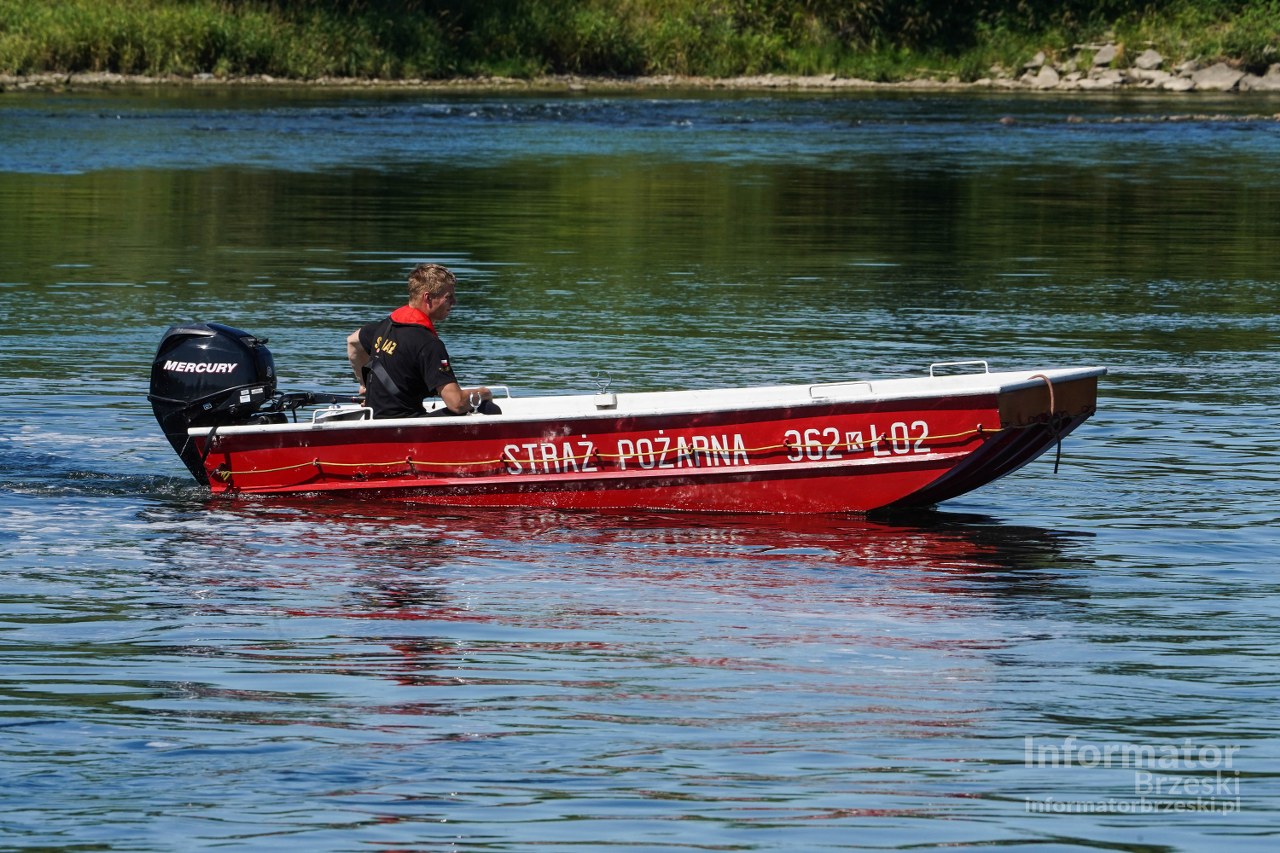
Under this title, Dr. Piotr Szubarczyk, a respected historian and publicist, published a book on the invasion of the russian army on the Polish end, begun on September 17, 1939. This highly crucial publication was published in the Krakow AA Publishing home (2014), and its subtitle announces the wider background of this war, published by Stalin and his staff of polytruds: "The aggression of the russian Union on Poland and its consequences". Yes, we know the consequences besides well – from murder, deportation to enslavement of post-war Poland. And as the author rightly pointed out, "...this attack can be regarded as a reopening of the large operation of Bolsheviks against the reborn Republic from 1919 to 1920, which was to lead through the corpse of Poland to the planet revolution, that is, to Bolshevik Europe" (p.25). In the margins, let us add that after the failure of this revolutionary expedition (its first goal, however, was primarily the reborn Poland! ) The Soviets tried to re-export communism to Europe during the civilian war in Spain.
The book's motto is simply a poem by Władysław Sebyła (1902-1940), written a year before the outbreak of the war. From this prophetic work, let us quote 1 verse:
And again, the tuput of the solds' legs,
And a thundering whistle of the Cossacks,
Starry over Europe shoe,
And the peoples of the East are tingling...
Sebyła – a poet awarded in 1938 by the Polish Academy of Golden Literature Wawrzyn and valued for philosophical-mystic poetry, referring to Norwid – will get into russian captivity in Lviv. He was a Starobelska prisoner of war, killed in a NKVD executioner in Kharkov, April 1940. His tragic destiny reflects the deaths of millions of Polish lives, including children, murdered and tortured by Russians during the war. The size of this genocide remains unknown in contrast to the reasonably accurately counted victims of Nazism (from 5.470 to 5.670 1000 Polish citizens), and sovetologists and historians accept the number of about 3 million Poles executed in the USSR.
Everything seems to have been said about this Polish “holokaust” in the East, but the book Szubarczyk frequently reveals a fresh position and little frequently mentioned facts specified as sculpture and drastic crimes carried out by Red Army soldiers after September 17 (p.36-41) or russian crimes in the prisons of Lviv, Sambor, Szczerc, Drohobych, Borysława, Stryj, Wórwór, Złoczów, Brzeżan, Tarnopola, Łuck, Rowny, Dubna, Oleści and elsewhere, besides death marches (p.103 – 125). The ghastlyness of these crimes does not let me to enter into details, an interesting reader will discover them himself. Their reading spends their sleep of the eye.
Apart from the parties dedicated to the crimes of Katyń, the author (the last victim was Fr Stefan Niedzielak, p.322-5)Shubarczyk presents little known crimes like the murders in Deep, Berezwecz, mass graves in Kuropaty close Minsk or the execution of thousands of Poles in Kiev prisons. Another form of killing Poles was the forced recruitment to the Red Army of almost 200 1000 erstwhile Polish soldiers for “the first Soviet”. And there are many sides to the persecutions of the Catholic Church (84-94) or of an underground state at the ends, which worked in in incomparably more hard conditions than in the lands under German occupation.
And the tragedy of the Far East is reflected by the shocking reliefs of Prof. Stanisław Kulon (ASP, W-wa) reproduced in colour (p.337-352). The exhibition of these 33 reliefs, planned in the hall of the Sejm in 2014, did not receive the approval of Marshal Ewa Kopacz. Szubarczyk portrayed her in his book, including the destiny of the Kulon family, taken to Siberia. From a long list of artistic works, depicting the Polish Golgot of the East, the reliefs of Prof. Kulon are tailored to the Polish requiem. Our tragedy is besides suggested by the sybiara ballad, sung for the melody of the anthem “God, something Poland”. From this long lament, let us quote 3 verses:
Our homeland, beloved land,
In the thirty-nineth, all blood was spilled.
Not only did Poland half undress,
it was besides Poles to Siberia who exiled.
February 10th, I'll remember,
When the Soviets came, we were inactive asleep.
And our kids are in the sled,
They were delivering everyone to the main station.
Oh, terrible moment, terrible hour,
giving birth to her pain forgets,
But I'll tell you, I won't forget the moment,
When they put us in a dark car like a coffin.
The hatred of Russians to Poles had no borders, the NKVD fleeing Germany after 22 June 1941 drove Polish prisoners with Lviv on ft to Moscow, and the exhausted were pierced with bayonets. The destiny of the children was horrifying, as described in Hank Ordon's book Children's Wanderers, a celebrated vocalist and actress, herself deported from Vilnius in 1941. She took care of the orphans and died of exhaustion in Beirut at the age of 47. Her book was of course banned in the Polish People's Republic, only in 2000 it was published in the country (reproduction of the cover on p. 303). Szubarczyk besides described the character of pre-war consul Tadeusz Lisiecki of Bombay, who organized aid for the Polish population in Soviets under the auspices of PCK and for transports of Polish orphans.
The traumatic experiences of Polish exiles are discussed by Dr. Ewa Jackowska’s excellent technological work “The intellectual consequences of deportation into the USSR during planet War II”, a work published in 2004 in Szczecin, but almost silenced. The author mentions it, as well as the book by Fr Zdzisław Peszkowski and Dr Stanisław Zdrojewski "Warsaw in Katyń's Graves".
Several times Szubarczyk recalls Laurence Rees' documentary movie “World War II. Behind closed doors” , showing the scenes of preparations for war. In the introduction to the Red Apocalypse, the Ribbentrop-Molotov Pact was presented, and the author besides stresses that planet War II was born out of hatred for the Europe of free nations, which resulted in independency as a consequence of favorable circumstances – the breakdown of Austro-Hungarian, the war defeat of Germany, the revolution and weakening of Russia.
Today, erstwhile the freedom of European peoples is measured by EU standards and the pier of the East raises fists - with what hope can we look to the future?
Dr. Szubarczyk's excellent book, rich in bibliography and index, is not only a painful paper of history, but besides a informing of the fresh apocalypse. It is read with 1 breath, due to the fact that it was created out of love for Poland and on the foundations of reliable historical sources. In times of questioning the sense of Polishness, it is worth remembering that in the Minsk process controlled by the NKVD it was not denied by Polish Gamber Kurmanowicz, a citizen of II Republic of Tatar origin.
Will the lemmings blush?
Marek Baterovich
Lecture by Prof. Andrzej Nowak "Stalin conquers Poland" from the series "Poland - Russia: Geopolitics and hard neighbourhood" .












